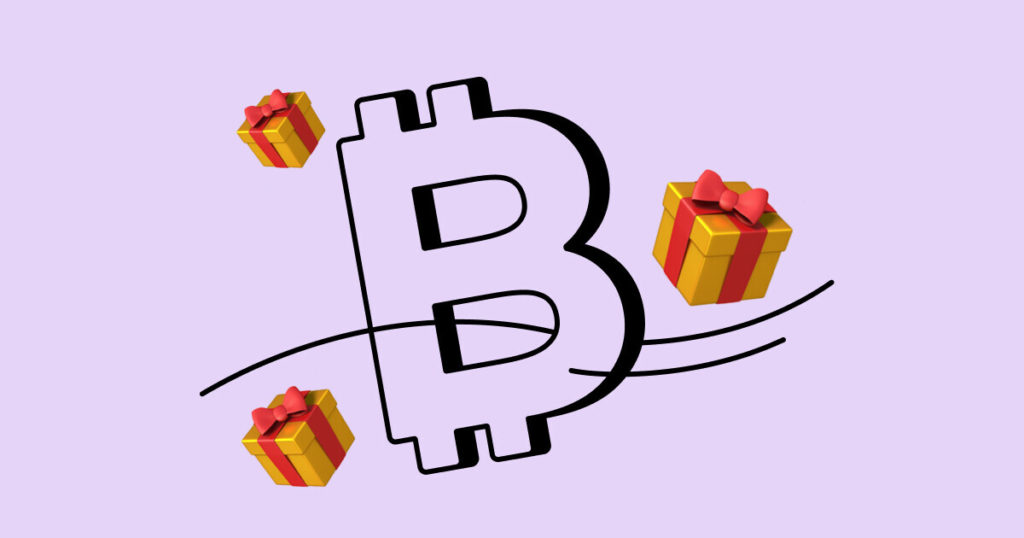So, what’s the good faith rule and how does it apply to crypto? Does it apply at all? Find out below where we’re answering all of the burning questions. 🔥
What’s the good faith rule?
In the world of stocks, bonds and shares, the good faith rule is a commonly-used trading term.
The good faith rule means that when you buy a security (i.e a stock or bond), you can’t sell it until the cash you used to purchase it has ‘settled’.
🚨 After selling your security, it can take up to two days for cash to settle in your account (kind of like the period between returning a purchase and the money arriving back into your bank account).
So whilst waiting for the cash to settle, you can purchase another security, but you can’t sell the new security until the funds from your first sale have become fully available. 🚨
Confused? We’ve got an idea! 💡
Meet Joe. Joe has recently got into buying and selling stocks. His account balance is £0, but he plans to sell his Apple stock.
He gets £3,000 for his Apple stock, and buys Microsoft stock whilst waiting for his cash to settle. The cash will take about two working days to become available to trade with.
Now you might think, ‘why is Joe allowed to buy more stocks with cash that hasn’t settled – isn’t that breaking the good faith rule?’ But actually, it isn’t.
This is breaking the good faith rule 🫣…
Joe decides to sell his Microsoft stock the next day (remember, the cash from his Apple stock still hasn’t settled as it takes two working days to do so). Bad move Joe!
Still a bit baffled? Well, that’s pretty much the reason you can only complete sales with available cash. It causes too much confusion otherwise!
Does the good faith rule apply to crypto?
Actually, no! Funnily enough the good faith rule doesn’t apply when buying and selling crypto. Crypto isn’t regulated in the same way as other securities (yet, anyway).
Forex trading for example, is regulated by the Financial Conduct Authority (FCA). These are the watchdogs who supervise the financial market. The FCA implement rules that tackle:
- Fraud
- Money laundering
- If a brokerage goes bust
- Consumers losing too much money, etc.
Nonetheless, crypto has become increasingly mainstream over the last few years, so who knows what the future holds?
So what rules are there in crypto?
Ok, so the good faith rule doesn’t apply to crypto, but there must be other rules to abide by right?
Well, actually, crypto isn’t really regulated at all, so there are generally no set rules in place. 😅
However, some popular crypto exchanges such as Coinbase and eToro are registered with the Financial Conduct Authority.
What happens when you break the good faith rule?
This depends on the brokerage. Most commonly, if you break the good faith rule three times in a year, your account will be restricted for 90 days.
👉 Moral of the story: don’t break the good faith rule.



